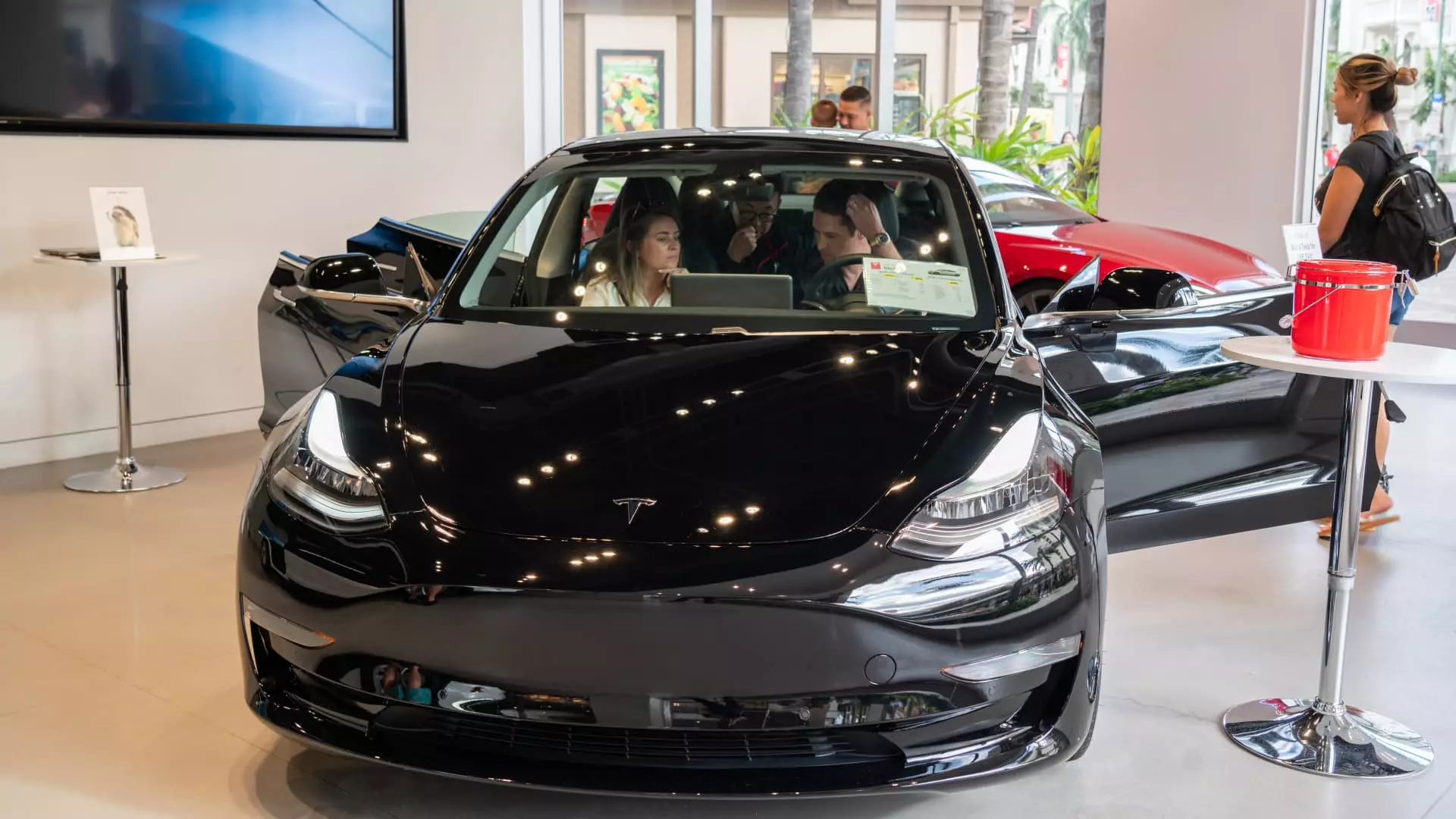The adoption of all-electric vehicles by U.S. consumers has been slower than anticipated. However, Hawaii has emerged as a growing leader in EV adoption, ranking fifth in overall EV adoption at 11.9% of new retail vehicles sold through February of this year. According to J.D. Power, Hawaii also holds the third position in the “EV Adoption Score,” behind only California and Washington, with a score of 33.8. This score takes into account various factors such as market conditions, consumer preferences, and EV availability, emphasizing the importance of accessibility to EVs for consumers to consider adopting them.
Several factors contribute to the increasing adoption of electric vehicles in Hawaii. High fuel costs, the availability of renewable energy for charging, and cultural norms are among the primary drivers of EV adoption in the state. Ivan Drury, director of insights at auto research firm Edmunds, attributes the sense of responsibility towards preserving the land, known as “Aina” in Hawaiian, as a significant factor influencing consumers’ decision to opt for EVs. Additionally, the popularity of hybrid models in Hawaii and the lack of road trip concerns due to the island’s size have also facilitated the transition to electric vehicles.
Gasoline prices in Hawaii play a crucial role in the transition to electric vehicles, as they are significantly higher than the national average. The average price for a gallon of gas in Hawaii is about $4.72, the second-highest in the U.S. after California. The availability of top-selling EV models like the Tesla Model Y, Tesla Model 3, and Ford F-150 Lightning further encourages consumers to shift towards electric vehicles, eliminating the need to purchase gas.
Although Hawaii has shown a positive trend in embracing electric vehicles, it still faces challenges associated with EV adoption similar to those on the U.S. mainland. The lack of charging infrastructure, affordability concerns, and limited vehicle choices are among the key obstacles hindering widespread adoption of electric vehicles in Hawaii. According to a Gallup poll, less than half of U.S. adults are considering buying an EV, indicating a slight decline in consumer interest compared to previous years.
The average cost for consumers buying an EV from a franchised dealer in Hawaii exceeds $62,600 this year, down from the previous year but still significantly higher than the average price of a vehicle in the state. High prices are a nationwide trend, with upper-income Americans being the most likely group to own an EV. Despite efforts to make EVs more accessible, affordability remains a significant barrier to widespread adoption of electric vehicles in Hawaii.
Hawaii’s progress in electric vehicle adoption showcases the state’s commitment to sustainability and innovation. While challenges persist, such as affordability and charging infrastructure, the unique blend of cultural values, environmental awareness, and high fuel costs are driving factors for the increasing adoption of electric vehicles in Hawaii. The state’s leadership in EV adoption serves as a model for other regions to promote cleaner transportation options and reduce reliance on traditional fossil fuels.

Leave a Reply